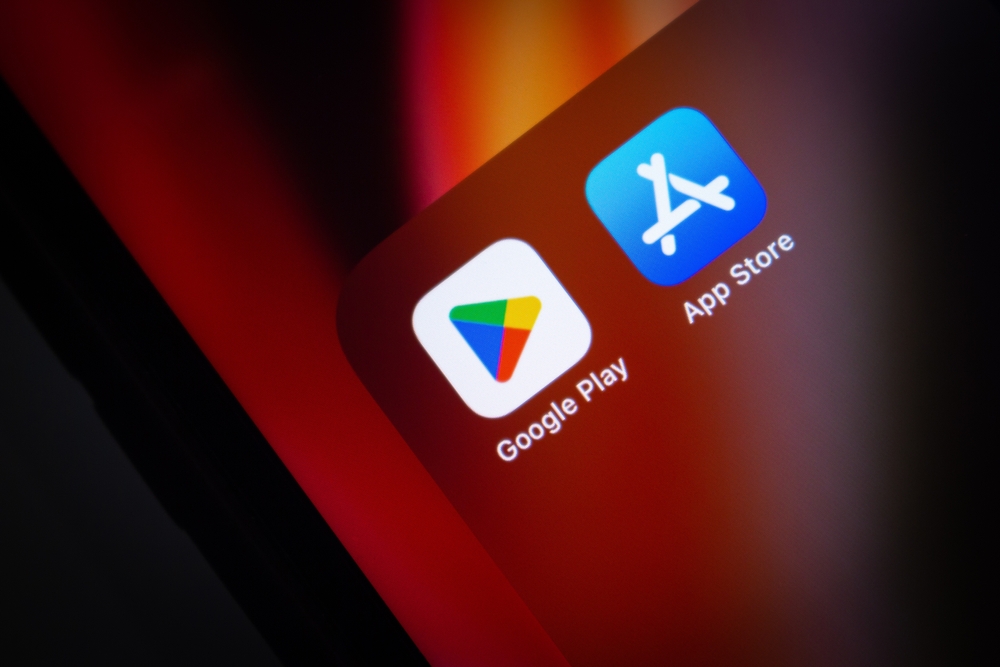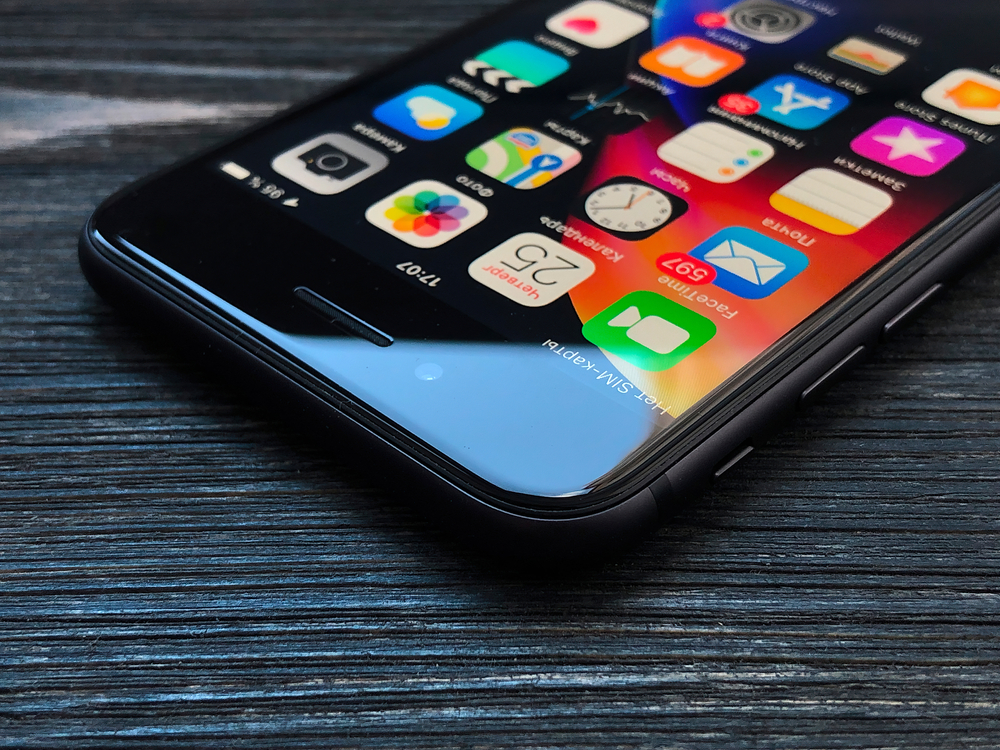
Mastering Mobile App Marketing: Expert Tips and Tricks for Promoting Your App

With the increasing popularity of smartphones, mobile App Store or Google Play app s have become an essential part of our daily lives. From ordering food to booking a taxi, there's an app for almost everything. However, with millions of apps available in app stores, it can be incredibly challenging for developers to get their apps noticed. That's where effective mobile Android or iOS app marketing comes into play.
In this article, we will explore some expert tips and tricks for promoting your mobile Google Play or App Store app and taking it to new heights.
Understanding the Mobile App Market
Before diving into marketing strategies, it's crucial to understand the mobile app market. An in-depth analysis helps identify your target audience, competitors, and market trends.
1. Research your target audience: Determine who your app is designed for. Understand their preferences, needs, and pain points. This insight will shape your marketing strategy.
2. Competitor analysis: Analyze the top apps in your niche. Study their features, design, marketing tactics, and user reviews. This information can help you differentiate your app and provide a better user experience.
3. Stay updated with market trends: Mobile app trends change rapidly. Keep an eye on the latest industry news, emerging technologies, and user expectations. Adapting to these trends will give your app a competitive edge.
Creating a Stellar App Store Listing
Your app store listing is the first impression you make on potential users. It needs to be compelling, informative, and visually appealing. Here's how you can optimize your app store listing:
1. App title and icon: Choose a catchy and memorable app title that reflects its purpose. Design an eye-catching icon that stands out among other apps.
2. Description and keywords: Write a concise and engaging app description. Highlight its unique features, benefits, and how it solves users' problems. Use relevant keywords to improve app store search rankings.
3. High-quality screenshots and videos: Include screenshots and videos showcasing your app's interface, functionality, and user experience. Visual assets help users understand your app better.
4. User reviews and ratings: Encourage satisfied users to leave positive reviews and ratings. This social proof enhances your app's credibility and increases its chances of being downloaded.
Developing an Effective App Website
An app website serves as a hub for your app marketing efforts. It helps drive organic traffic, increases visibility, and boosts user engagement. Consider the following tips while developing your app website:
1. Responsive design: Ensure your website is mobile-friendly and responsive to different devices and screen sizes. This provides a seamless experience for visitors browsing on their smartphones.
2. Clear and concise messaging: Communicate the unique value proposition of your app clearly and concisely. Use persuasive language and compelling visuals to captivate visitors.
3. Integrate app store links: Make it easy for visitors to download your app by incorporating direct app store download links on your website. This eliminates friction and improves conversion rates.
4. Customer testimonials: Display testimonials from satisfied users on your website. Hearing positive feedback from real users helps build credibility and trust.
Leveraging Social Media
Social media platforms provide a powerful channel for app promotion. By leveraging the vast user base and targeting capabilities of platforms like Facebook, Instagram, and Twitter, you can effectively promote your mobile iOS or Android app . Here are some tips for leveraging social media:
1. Create engaging content: Develop a content strategy that aligns with your app's target audience. Create and share engaging posts, videos, and stories that highlight your app's key features and benefits.
2. Run targeted ads: Use social media advertising to reach a relevant audience interested in apps like yours. Leverage demographic and interest-based targeting options to maximize ROI.
3. Influencer partnerships: Collaborate with influencers in your niche to promote your app. Their endorsement can drive significant traffic and generate interest among their followers.
Implementing App Store Optimization (ASO)
App Store Optimization (ASO) is the process of optimizing your app's visibility in app store search results. By improving your app's search rankings, you increase organic downloads. Here's how you can implement ASO:
1. Keyword research: Identify relevant keywords with high search volume and low competition. Incorporate these keywords in your app title, description, and metadata.
2. App ratings and reviews: Encourage users to leave positive reviews and ratings. Respond to user feedback promptly and address any negative reviews professionally.
3. Regular updates: Continuously update your app with bug fixes, new features, and performance enhancements. This shows app store algorithms that your app is actively maintained.
Frequently Asked Questions
Q1. How much does mobile app marketing cost?
Mobile app marketing costs vary depending on various factors such as the marketing channels used, target audience, ad spend, and competition. It's essential to set a budget based on your goals and scale your marketing efforts accordingly.
Q2. How long does it take to see results from mobile app marketing?
The timeframe to see results from mobile app marketing varies. It depends on factors such as app quality, marketing strategy, budget, and competition. Some tactics, like paid ads, can yield immediate results, while organic strategies like ASO may take longer to show significant impact.
Q3. What is the role of user engagement in mobile app marketing?
User engagement plays a vital role in the success of your app marketing efforts. Engaged users are more likely to share your app with others, leave positive reviews, and become loyal customers. Focus on providing a seamless user experience and regularly engaging with your users to foster long-term relationships.
Q4. Should I localize my app for different markets?
Localization can significantly benefit your app marketing efforts, especially if you plan to target international markets. Adapting your app to different languages and cultural preferences helps cater to a wider audience and enhances user experience. Consider localizing your app's language, content, and visuals to maximize its potential reach.
Q5. How can I measure the success of my mobile app marketing campaigns?
Measuring the success of your mobile app marketing campaigns is essential to optimize your strategies. Key performance indicators (KPIs) to track include app downloads, user retention rate, in-app purchases, user engagement metrics, and return on ad spend (ROAS). Use app analytics tools to gather data and insights to evaluate the effectiveness of your marketing efforts.
In conclusion, mobile app marketing requires a comprehensive strategy to make your app stand out in a crowded market. By understanding your target audience, optimizing your app store listing, developing an effective app website, leveraging social media, and implementing ASO, you can boost your mobile app's visibility, engagement, and downloads. Stay updated with the latest trends and continuously analyze and optimize your marketing efforts for long-term success.
Other useful resources
- https://www.appguru24.com/apps-directory/android/
- https://en.wikipedia.org/wiki/Google_Play
- https://en.wikipedia.org/wiki/Android_(operating_system)